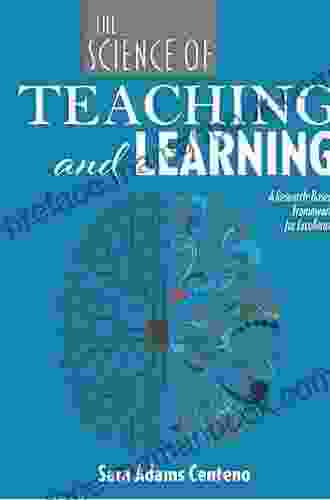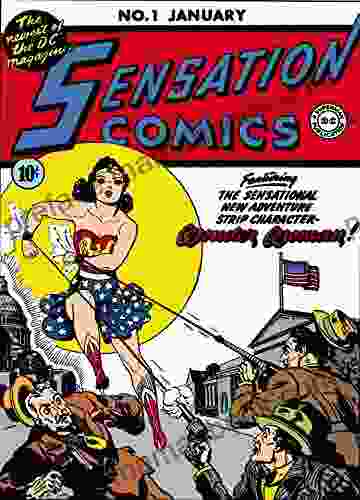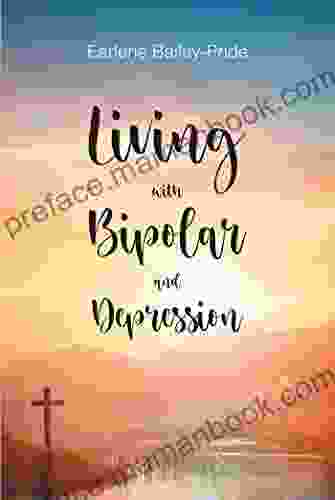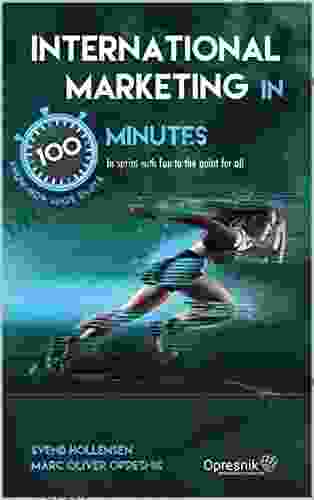Practical Insights From The Science Of Teaching And Learning: A Comprehensive Guide for Educators

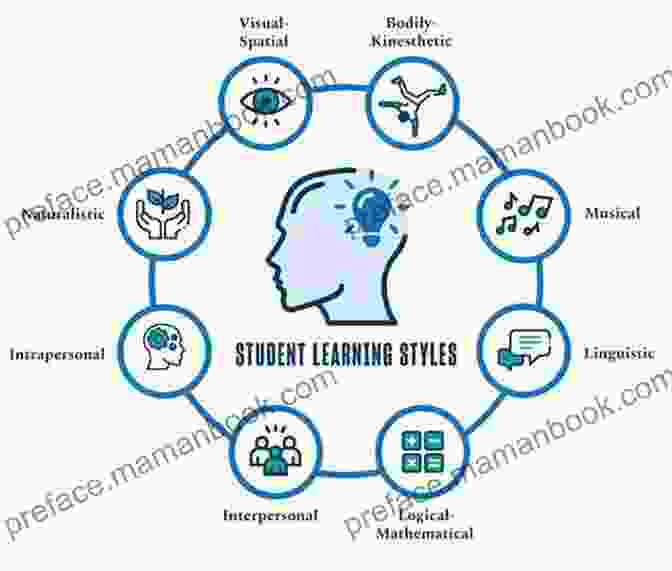
The science of teaching and learning, also known as educational psychology, is a field of study that seeks to understand how students learn and how to effectively teach them. This field of study draws on a variety of disciplines, including psychology, education, and neuroscience, to develop and test theories about teaching and learning.
The science of teaching and learning has a long history, dating back to the early days of education. However, it was not until the 20th century that this field of study began to take shape as a distinct discipline. In recent years, there has been a growing interest in the science of teaching and learning, as educators and policymakers seek to improve the quality of education for all students.
4.7 out of 5
| Language | : | English |
| File size | : | 7297 KB |
| Text-to-Speech | : | Enabled |
| Screen Reader | : | Supported |
| Enhanced typesetting | : | Enabled |
| Word Wise | : | Enabled |
| Print length | : | 424 pages |
The science of teaching and learning has the potential to make a significant impact on the lives of students. By understanding how students learn, educators can develop more effective teaching methods that can help students achieve their full potential.
How Students Learn
There are a number of different theories about how students learn. However, some of the most well-supported theories include:
* Constructivism: This theory suggests that students learn by actively constructing knowledge through their experiences. In other words, students do not simply absorb information from their teachers; they must actively work to make sense of it. * Cognitive load theory: This theory suggests that students can only learn a limited amount of information at a time. Therefore, it is important for educators to design instruction that is manageable for students. * Motivation: This theory suggests that students are more likely to learn when they are motivated to do so. Therefore, it is important for educators to create learning environments that are motivating for students. * Metacognition: This theory suggests that students need to be aware of their own learning processes in order to be successful learners. Therefore, it is important for educators to help students develop metacognitive skills.
These are just a few of the many theories about how students learn. By understanding these theories, educators can develop more effective teaching methods that can help students achieve their full potential.
Effective Teaching Methods
There are a number of different teaching methods that have been shown to be effective in helping students learn. Some of these methods include:
* Active learning: This method involves students in the learning process by having them do more than just listen to a lecture. Active learning activities can include group discussions, problem-solving exercises, and simulations. * Differentiated instruction: This method involves tailoring instruction to the individual needs of students. Differentiated instruction can include providing different levels of support, offering different learning activities, and grouping students in different ways. * Feedback: This method involves providing students with information about their performance. Feedback can be positive or negative, and it can be given in a variety of ways, such as through written comments, verbal feedback, or self-assessment. * Technology: This method involves using technology to support teaching and learning. Technology can be used to deliver instruction, provide feedback, and create learning environments that are motivating for students.
These are just a few of the many effective teaching methods that educators can use. By using these methods, educators can help students achieve their full potential.
The Importance of the Science of Teaching and Learning
The science of teaching and learning is an important field of study that has the potential to make a significant impact on the lives of students. By understanding how students learn and how to effectively teach them, educators can help students achieve their full potential.
The science of teaching and learning is also important for policymakers. By understanding the research on teaching and learning, policymakers can make informed decisions about how to improve education for all students.
The science of teaching and learning is a valuable field of study that can help educators improve their teaching practices and help students achieve their full potential. By understanding how students learn and how to effectively teach them, educators can create learning environments that are motivating, supportive, and effective.
References
* Bransford, J. D., Brown, A. L., & Cocking, R. R. (Eds.). (2000). How people learn: Brain, mind, experience, and school. Washington, DC: National Academy Press. * Donovan, M. S., & Bransford, J. D. (Eds.). (2005). How students learn: Science in the classroom. Washington, DC: National Academies Press. * Hattie, J. (2009). Visible learning. London: Routledge. * Marzano, R. J., Pickering, D. J., & Pollock, J. E. (2001). Classroom instruction that works. Alexandria, VA: Association for Supervision and Curriculum Development.
4.7 out of 5
| Language | : | English |
| File size | : | 7297 KB |
| Text-to-Speech | : | Enabled |
| Screen Reader | : | Supported |
| Enhanced typesetting | : | Enabled |
| Word Wise | : | Enabled |
| Print length | : | 424 pages |
Do you want to contribute by writing guest posts on this blog?
Please contact us and send us a resume of previous articles that you have written.
 Top Book
Top Book Novel
Novel Fiction
Fiction Nonfiction
Nonfiction Literature
Literature Paperback
Paperback Hardcover
Hardcover E-book
E-book Audiobook
Audiobook Bestseller
Bestseller Classic
Classic Mystery
Mystery Thriller
Thriller Romance
Romance Fantasy
Fantasy Science Fiction
Science Fiction Biography
Biography Memoir
Memoir Autobiography
Autobiography Poetry
Poetry Drama
Drama Historical Fiction
Historical Fiction Self-help
Self-help Young Adult
Young Adult Childrens Books
Childrens Books Graphic Novel
Graphic Novel Anthology
Anthology Series
Series Encyclopedia
Encyclopedia Reference
Reference Guidebook
Guidebook Textbook
Textbook Workbook
Workbook Journal
Journal Diary
Diary Manuscript
Manuscript Folio
Folio Pulp Fiction
Pulp Fiction Short Stories
Short Stories Fairy Tales
Fairy Tales Fables
Fables Mythology
Mythology Philosophy
Philosophy Religion
Religion Spirituality
Spirituality Essays
Essays Critique
Critique Commentary
Commentary Glossary
Glossary Bibliography
Bibliography Index
Index Table of Contents
Table of Contents Preface
Preface Introduction
Introduction Foreword
Foreword Afterword
Afterword Appendices
Appendices Annotations
Annotations Footnotes
Footnotes Epilogue
Epilogue Prologue
Prologue Taryn Chase Jackson
Taryn Chase Jackson Donelson R Forsyth
Donelson R Forsyth Bernardo P Gallegos
Bernardo P Gallegos Parul Agrawal
Parul Agrawal Charles H Ferguson
Charles H Ferguson A L Sowards
A L Sowards Blue Skeleton
Blue Skeleton Tequila Connors
Tequila Connors Robert Bevan
Robert Bevan Linnea Tanner
Linnea Tanner Kevin Crossley Holland
Kevin Crossley Holland Loren Niemi
Loren Niemi Alex Lake
Alex Lake Peter Redgrove
Peter Redgrove David S Craig
David S Craig Alexander Kugushev
Alexander Kugushev Paula Disbrowe
Paula Disbrowe Alison Stuart
Alison Stuart Troy Lambert
Troy Lambert Maximilien Bachelart
Maximilien Bachelart
Light bulbAdvertise smarter! Our strategic ad space ensures maximum exposure. Reserve your spot today!
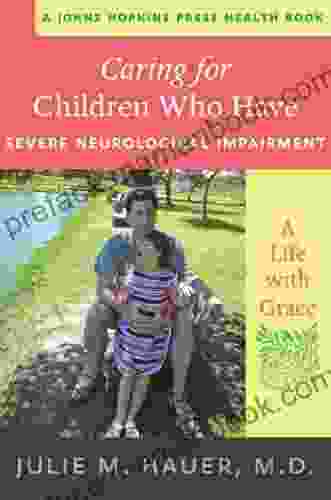
 Arthur Conan DoyleA Compassionate Guide to Caring for Children with Severe Neurological...
Arthur Conan DoyleA Compassionate Guide to Caring for Children with Severe Neurological... Benjamin StoneFollow ·7.2k
Benjamin StoneFollow ·7.2k Ryan FosterFollow ·12.3k
Ryan FosterFollow ·12.3k Wesley ReedFollow ·16.3k
Wesley ReedFollow ·16.3k Jeffrey HayesFollow ·4.1k
Jeffrey HayesFollow ·4.1k Emmett MitchellFollow ·9k
Emmett MitchellFollow ·9k Jake PowellFollow ·6.1k
Jake PowellFollow ·6.1k Samuel BeckettFollow ·8.3k
Samuel BeckettFollow ·8.3k George HayesFollow ·18k
George HayesFollow ·18k
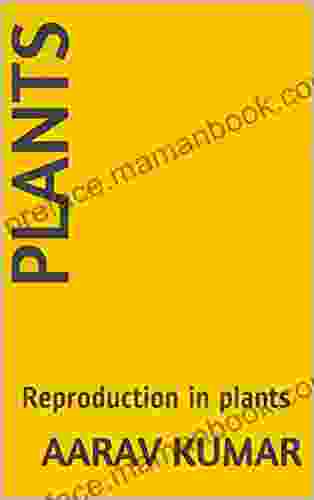
 Vincent Mitchell
Vincent MitchellUnveiling the Enchanting Tale of Plant Reproduction: A...
Plants, the silent yet vibrant...

 Sam Carter
Sam CarterDelve into the Enigmatic World of "Relative Murder: A...
In the realm of mystery and suspense, the...
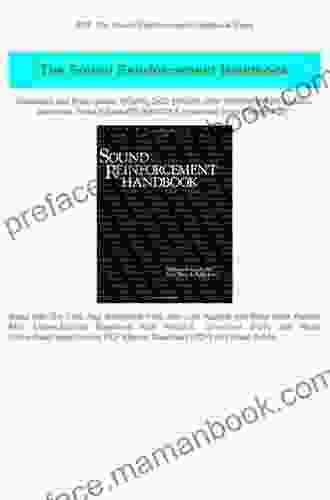
 Richard Simmons
Richard SimmonsThe Sound Reinforcement Handbook: A Comprehensive Guide...
In the realm of live sound engineering, The...
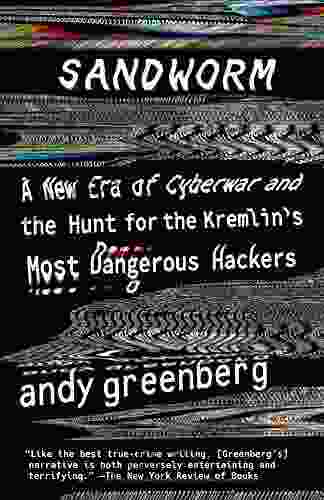
 Leo Tolstoy
Leo TolstoyEnter the New Era of Cyberwar: Unmasking the Kremlin's...
`` Prologue: The Digital...
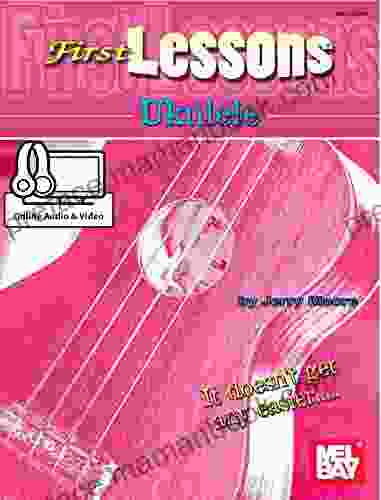
 Brenton Cox
Brenton CoxFirst Lessons Ukulele Bridget Baker: A Comprehensive...
Embarking on a musical journey with the...
4.7 out of 5
| Language | : | English |
| File size | : | 7297 KB |
| Text-to-Speech | : | Enabled |
| Screen Reader | : | Supported |
| Enhanced typesetting | : | Enabled |
| Word Wise | : | Enabled |
| Print length | : | 424 pages |


